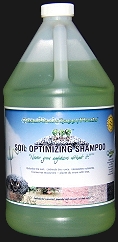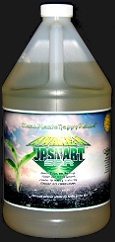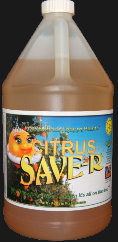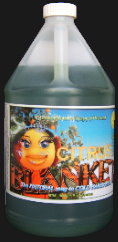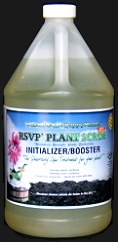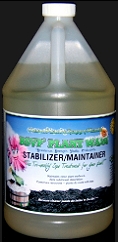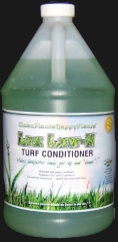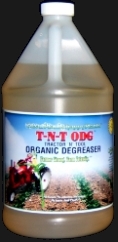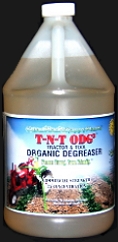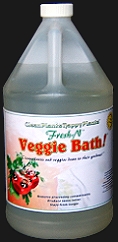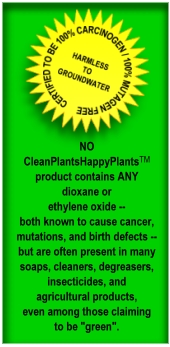
 We know that loading up our
lands and crops with toxic substances is not winning the insect wars. We know that loading up our
lands and crops with toxic substances is not winning the insect wars.
We know that using chemical fertilizers, while making crops look
pretty, is actually making them deficient in the nutrients for which we
should be eating them.
We know that the endless dumping of poisons on our fields and soils
is taking its toll on the health and lives of millions.
Maybe we should try something so novel, so simple, so amazing,
it can only be called,
"Cleaning
up the Plants' Act" |
What
if all we really or mostly need is
CLEAN plants (leaves, stems, etc.,)
and clean (or conditioned) soil,
and clean (opened) root systems?
Would that help plants do better, grow faster, be hardier, produce
more?
If so, how would we do that?
If regular watering is
not doing the job,
what else is needed? |

We know that
when we want to take a bath or wash our hands the job is a whole lot
easier if we use soap.
Soap
breaks the surface tension on water and makes it
“wetter”. Said another way, soap is designed to break
up water (and whatever contaminants it may be carrying) into the
tiniest particles possible, allowing it to go more places and do more
things than its unsoapy water counterpart.
[Click
on images to enlarge.]

 
|
So, could we use soap on plants? Should we? Can we wash them from
their uppermost tips to their furthest root ends to flush away
contaminants and keep all those vital pores open which they need in
order to function at their best? And, if so, could it be just any soap?
wash them from
their uppermost tips to their furthest root ends to flush away
contaminants and keep all those vital pores open which they need in
order to function at their best? And, if so, could it be just any soap?
Reason
tells us that if artificial products and petroleum derivatives
have helped create the problems, the solution should be from all
natural sources, say, a 100% botanically based solution, a 100% toxin
and carcinogen free pro- duct (so that we are not adding to our woes
should the plant absorb any of it).
Better yet, how about one
that is as well certifiably mutagen and cytogen free? And, of
course, unlike the synthetics, it ought to be 100% biodegradable,
totally harmless to the plants, the soil, the ground water, and the
people and animals who have to live around it. On top of
everything else that it ISN’T, it should WORK. It should do
its job effectively and affordably so that the end result far outweighs
the costs and means.
Is there such a solution? A growing body of evidence and
people singing its praises would say so.
<--Back
Next--> |

|
|
|












 wash them from
their uppermost tips to their furthest root ends to flush away
contaminants and keep all those vital pores open which they need in
order to function at their best? And, if so, could it be just any soap?
wash them from
their uppermost tips to their furthest root ends to flush away
contaminants and keep all those vital pores open which they need in
order to function at their best? And, if so, could it be just any soap?